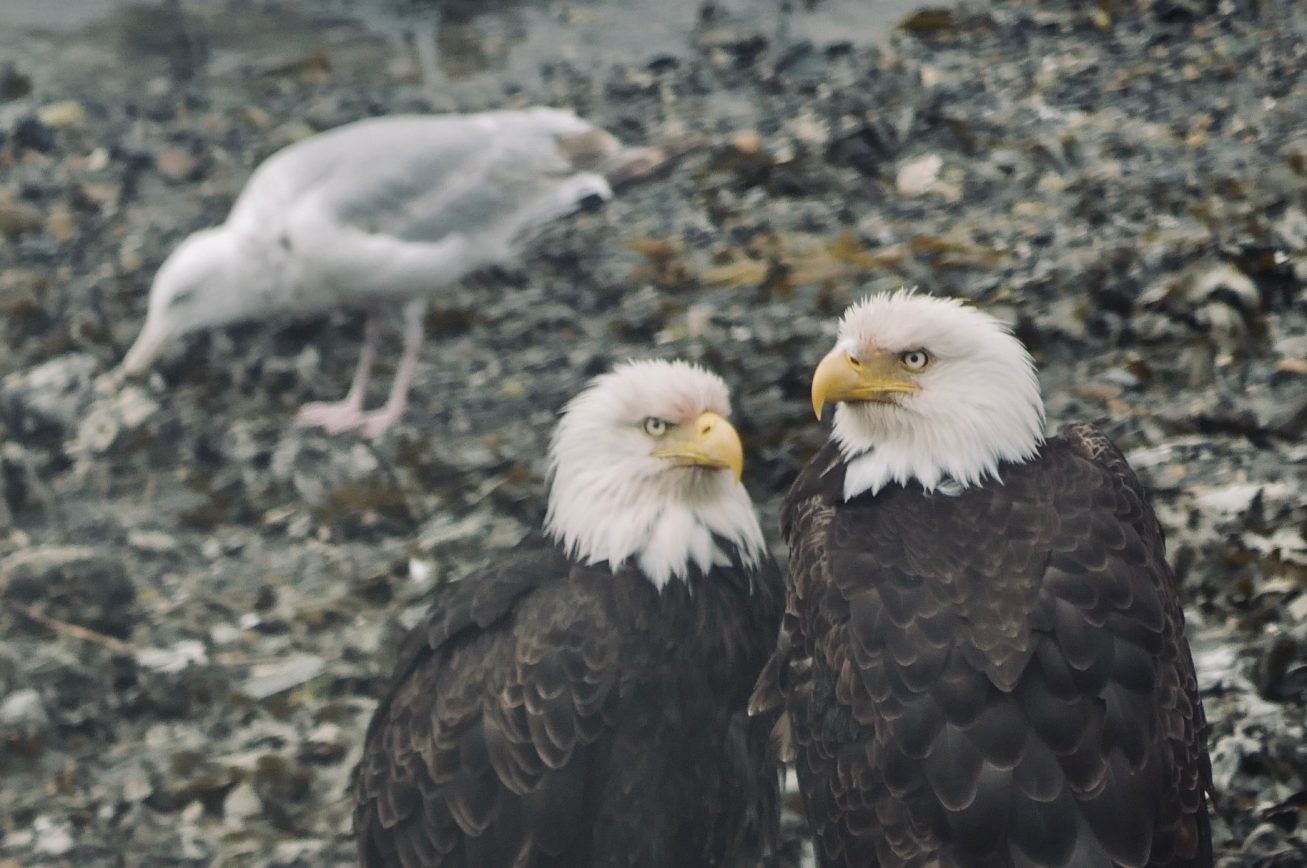It’s going to rain in Juneau on Memorial Day. It will rain the entire weekend. That won’t stop our local Toyota dealer from offering holiday discounts on cars sales or prevent the Home Depo or Fred Meyers from advertising Memorial Day price cuts.
Rain won’t discourage families who were quick enough to reserve a shelter site at Auke Rec bay. They will keep dry while enjoying a traditional holiday barbeque.
At 11AM on Memorial Day, war veterans will gather at the town’s two cemeteries to remember fallen brothers and sisters. Most Juneau folk will find something else to do.
I have rarely attended a Memorial Day service. Nor, have most of most of the Americans of my generation. Those that attended college during the Viet Nam war were probably more likely to chant “Ho, Ho, Chi Min, NLF is going to win” at campus rallies than take a moment on the last day of May to pray for high school friends killed in Viet Nam.
My father was drafted into the U.S. Army in 1940. After being transferred to the Air Core, he spent World War II in North Africa and Italy plugging the bullet holes in P 38 planes. During family dinners, he would tell us funny stories about his experiences, not about the sadness he must have felt when one the P 38 pilots crashed. I always thought he really enjoyed his time in the Army until the night I decided not to enlist for military service.
I was just ending my second year at Valley State College in the California’s San Fernando Valley. Unless I did something about it, the low draft number that I had just received from the Department of Defense would force me out of college and into the army. Other students with low draft numbers were moving to Canada to avoid Viet Nam. After thinking that idea over, I decided I it was my duty to stay even if it meant being sent into the war zone. Then I read about a navy program at the college referral office that might solve my problem.
The Navy allowed college students to defer military service for two years. But they would have to qualify as naval ensigns after graduation. Many students who took this path ended up patrolling the Mekong Delta in wooden boats. Not all survived.
My dad drove me down to the Naval Recruitment Center so I could sign documents that would lock me into the Navy. While a petty officer typed up enrollment paperwork, I read a densely worded wall poster that set out the rules for exchanging salutes. My willingness to join the navy drained out of me. When the petty officer returned, I told him that I had changed my mind.
It took me awhile to tell my dad what happened. Then I braced myself for a real talk down. Instead he said, “Good. I hated my time in the army.” Then, for the first time Dad told me about the pain, anger, and frustration of his army experience.
Dad and I didn’t talk again about his army days. I just missed being drafted and was able to transfer up to Berkeley and earn a four year degree. After dad died, I inherited an envelope of photographs and memorability that he had brought back from the war. It included pictures that he had taken of war’s destruction and of women who suffered great loss. He had saved programs from Italian opera performances that he had attended with army mates. He preserved a copy of a newspaper article. It described how he was awarded a bronze star for designing and installing a device that kept cameras covered with bulletproof metal until lifted up so the pilot could take photos of military targets.
This Memorial Day, I’ll say a prayer for my dad. I’ll remember how one of my uncles served as navigator in a B 17 over Europe, and his brother as a B 29 tail gunner in the Pacific. I will silently thank my Montana cousin for joining other Marines in driving the Japanese army off of Pacific Islands, and ask God to bless my younger family members who served in some of our desert wars.


Military service was a proud tradition in my family but I, like you, have never attended a Memorial Day service.
Thanks Dan, for reminding us of the sacrifices made by those who served in uniform.